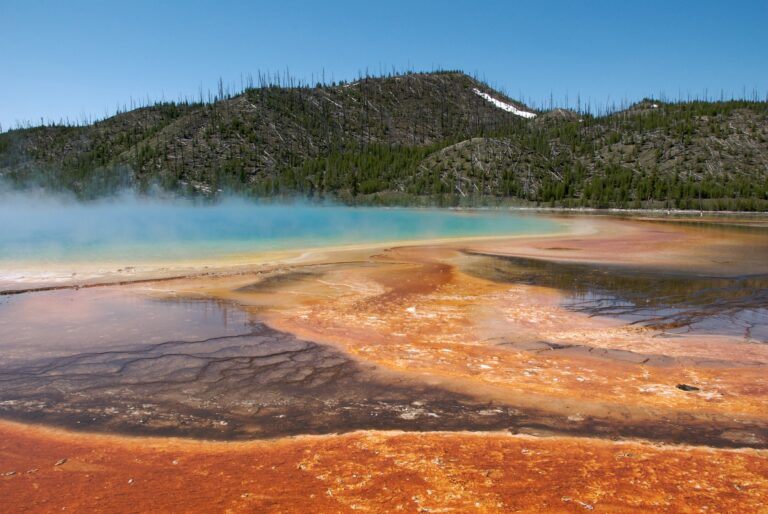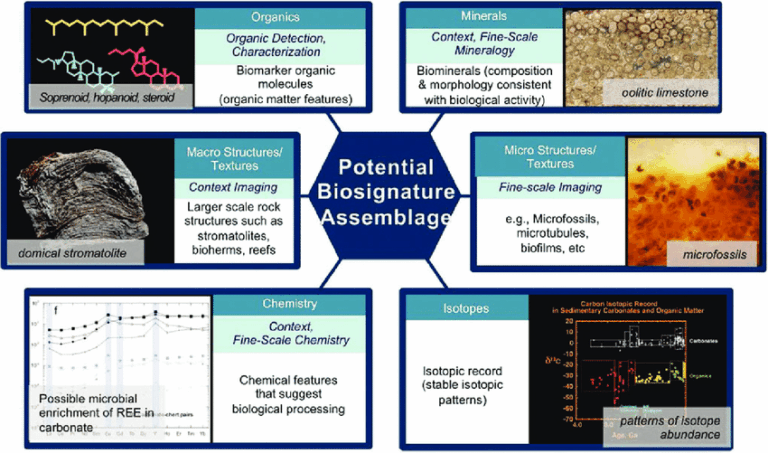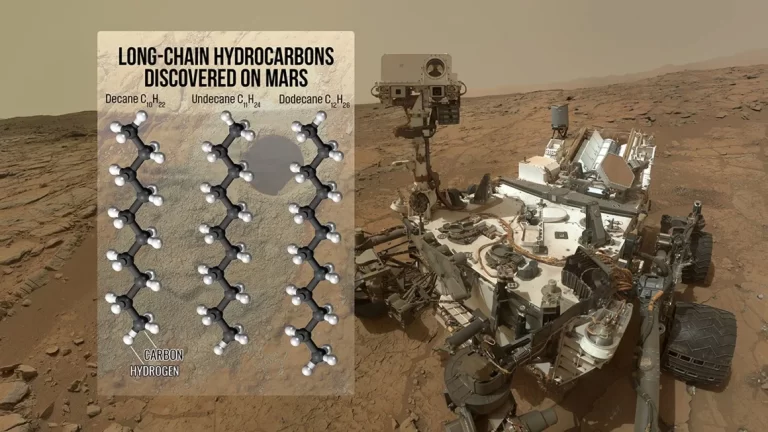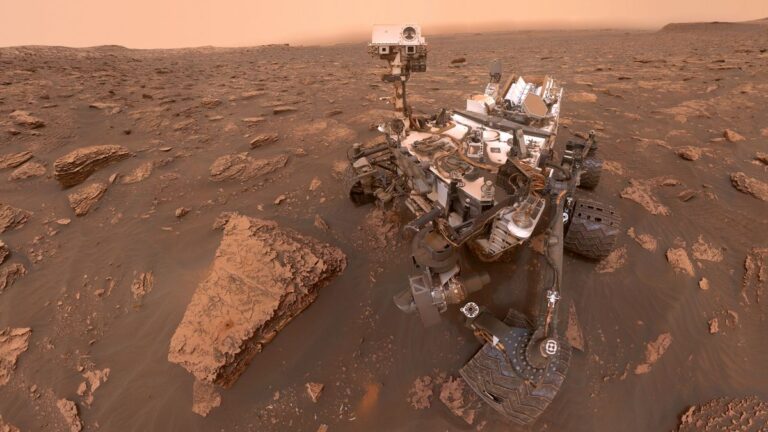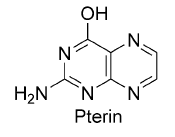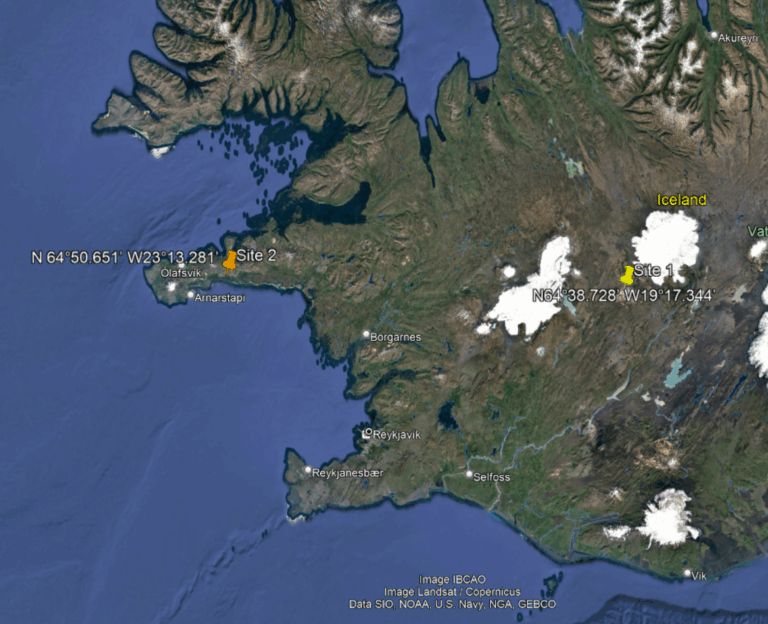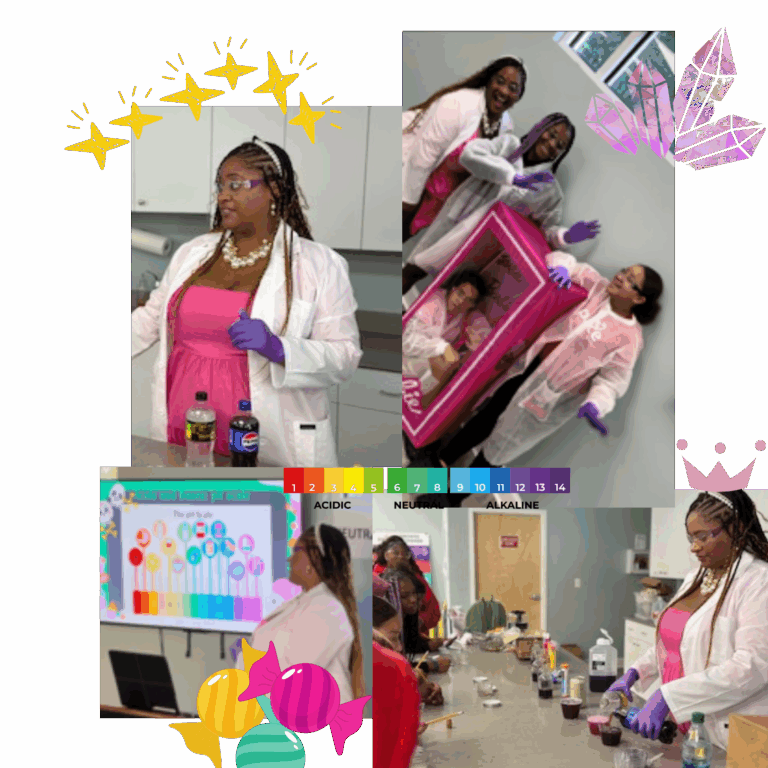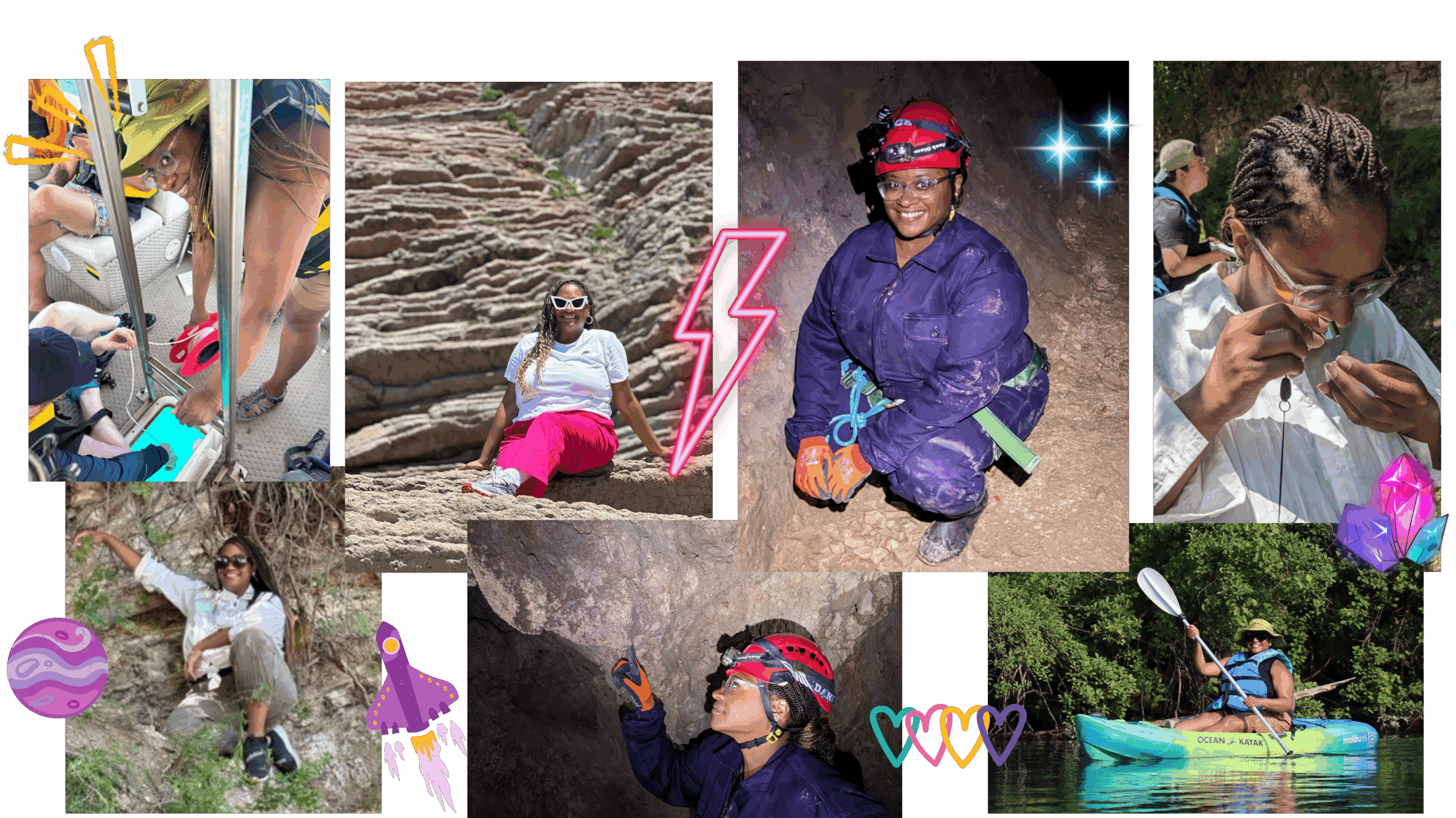

Hey! I'm Phylindia!
I’m an aspiring Astrobiologist, Science Educator & Science Communicator
Research Interests

Current Projects
Science Education and Communication!
I am also passionate about science education, communication, and outreach! Whether it's writing engaging science blogs, hosting dynamic events, creating educational videos, or diving into fascinating podcasts, I'm all in! Let's brainstorm workshops, craft compelling social media content, and lead inspiring outreach programs together. If you're looking to bring scientific knowledge to life, let's chat and make it happen!
Learn More
"Never be limited by other people's limited imaginations"
Dr. Mae Jemison
